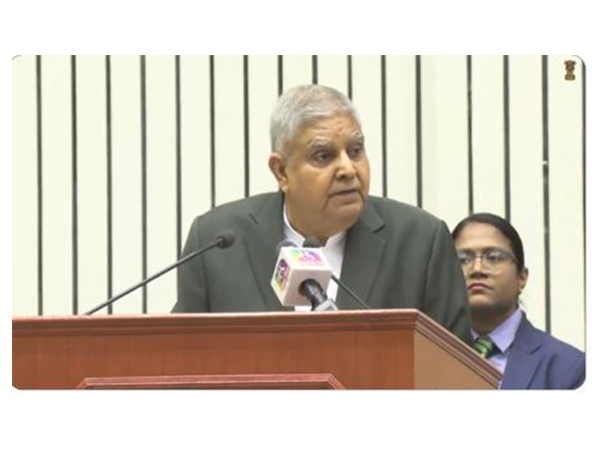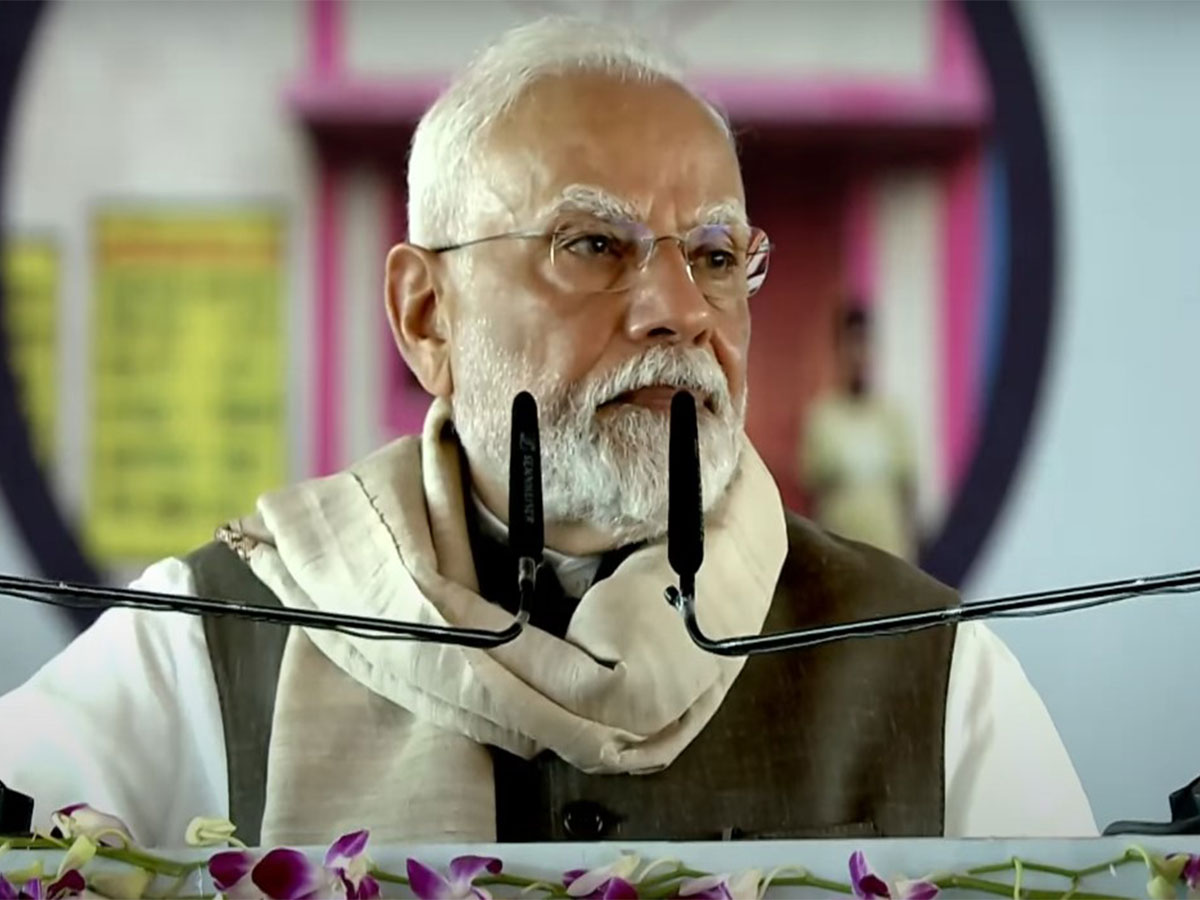Pakistan's competitiveness lost amid swelling circular debt, capacity payments
Jan 28, 2022

Islamabad [Pakistan], January 28 : Pakistan has lost its competitiveness manifold due to swelling circular debt and capacity payments which are causing a dent in the economy.
In a letter to Imran Khan, The Federation of Pakistan Chambers of Commerce & Industry (FPCCI) President Nasser Hyatt Maggo on Friday listed out the above problems including the running of inefficient power plants more and more by the government which has brought Pakistan on the brink of economic collapse, reported The News International.
The letter with the headline "Save Pakistan from the economic collapse by addressing energy sector issues," addressed to Prime Minister Imran Khan, asked for action against K-Electric for its utter failure in providing uninterrupted electricity and a huge increase in power tariff as it is involved in running its most inefficient plants on furnace oil, which is a costly fuel.
An eminent energy expert Arshad H Abbasi, associated with SDPI, when contacted, shared his mind on energy sector woes, particularly in Karachi saying that capacity payments alone amount to about 3 percent of Pakistan's GDP.
Consequently, circular debt is projected to soon hit a worrisome 8 percent of GDP.
The national economy that was growing by 5.8 per cent in 2018 has gone into a nosedive, one of the major reasons being the circular debt, including capacity payments to lPPs, reported The News International.
As a result, the escalating cost of surplus power has meant a continuous rise in consumer power tariffs. This also has fuelled inflation, eaten away industrial competitiveness, and necessitated a growing resort to government-funded subsidies on power tariffs to shield export-oriented industries from the full brunt of the tariff hikes.
Abbasi goes on to say that the power sector of Pakistan is a leaking bucket, the holes deliberately crafted and the leaks carefully collected by rent-seeking stakeholders. It's time to rein in these selfish stakeholders.
The circular debt has risen from Rs 1.1 trillion in 2018 to Rs 2.28 trillion during the fiscal year 2020-21 and is projected to hit Rs 4 trillion by 2025, reported The News International.
The main reason behind the circular debt and hike in tariff is the expensive and excess unutilized power capacity. The last regime added electricity generation, which is 25 per cent more expensive than comparable regional benchmarks, and also substantially more than national needs.
Yet, at the same time, the last government added generation capacity with a contract of 'TAKE OR PAY' basis that has hit the power sector hard. The annual capacity charges that increased to Rs860 billion are now projected to be a whopping Rs 1,455 billion in 2023, reported The News International.
Abbasi also said that this capacity payment of Rs 1,455 billion in 2023 will be equal to the amount which can be used to buy simultaneously state-of-the-art five nuclear-powered ballistic missile submarines, multi-role fighter aircraft i.e. 20 US F-35A, 20 French-made Rafael and 600 M1 Abrams tanks in the international market.




















